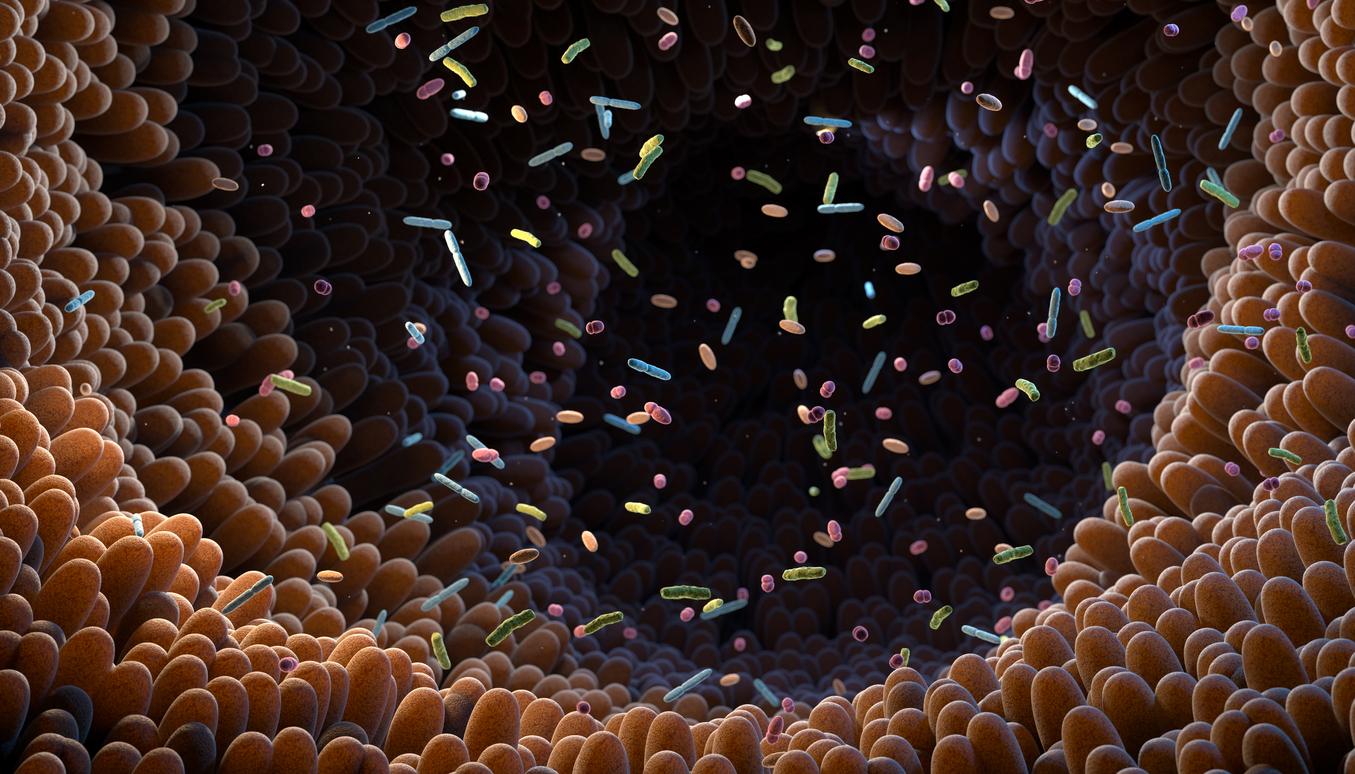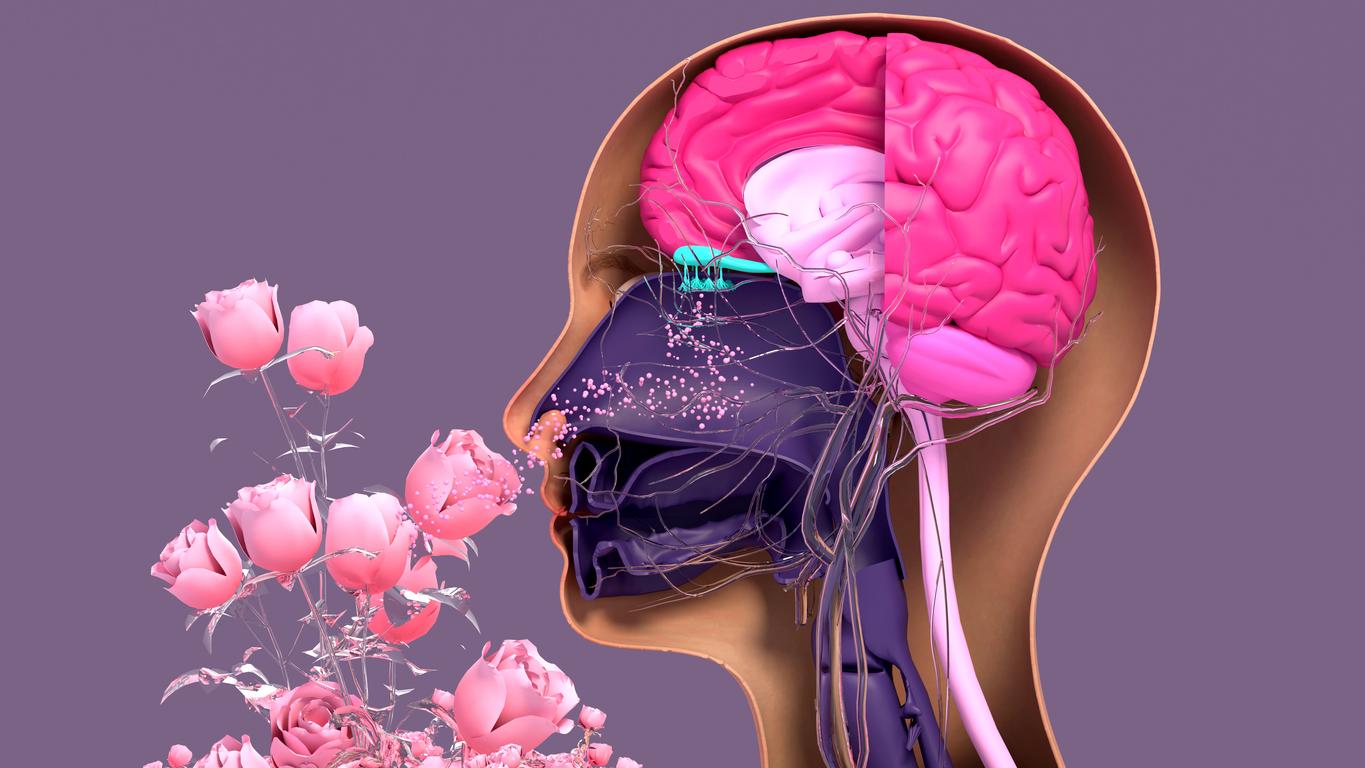Allergies could be due to Relmb, an intestinal protein which, when it is present in large quantities, modifies the microbiota.

- Researchers have discovered that the Relb intestinal protein could be the cause of food allergies.
- This protein disrupts the microbiota and the tolerance of the organism with dietary antigens triggers of allergies.
- By inhibiting RELB in mice, they restored their tolerance to allergens and ended their allergy.
Nuts, seafood, eggs, milk, peanuts, wheat … Here are the most frequent allergy triggers. But why? Researchers from Boston Children’s Hospitalin the United States, may have found the answer: RELBE, an intestinal protein which, when it is present in large quantities, changes the microbiota. More specifically, it disrupts the REMB disrupts the tolerance of the organism to antigens (substance foreign to the body, which can trigger an immune response to eliminate it) triggers.
A protein that changes the intestinal microbiota
During their work, published in the journal Naturethe researchers discovered the action mechanism of REMB: this protein is mainly exhausting a species of intestinal bacteria that produces indole. These compounds – as well as its derivatives – stimulate the production of T lymphocytes, which recognize food allergens and consider them harmless.
“” “We have shown that Relb was very present in children suffering from food allergy explains Dr. Talal Chatila, one of the authors, in a press release. In these children, scientists have also noted a decrease in the quantity of Indoles and its derivatives. The consequence is that T lymphocytes no longer fulfill their function, which explains the allergy.
Inhibit protein to treat food allergies
It is therefore when there is too much rebuilder that food allergy can develop. But is it possible to control the quantity? During experiences made in the laboratory on mice, scientists discovered a way to inhibit REVB. Indeed, they managed to block the protein, which had several consequences:
- Stimulation of T lymphocytes production
- Restoration of rodent tolerance to food allergens
- End of their food allergy
And the opposite was also true: giving more REMB to mice not predisposed to food allergies made them allergic.
Thanks to their discovery, the researchers hope to develop a new preventive or curative treatment which will act by restoring the tolerance of the immune system, rather than treating only the symptoms like those that exist today.
“” “Current treatments against food allergies (…) do not permanently modify the evolution of the disease, underlines Rima Rachid, one of the authors. If the patients stop these treatments, they become sensitive again.»
The researchers have filed a patent application on their discoveries and now wish to carry out more studies on humans to see if Relmb is also a biomarker of children at risk of food allergy.


















